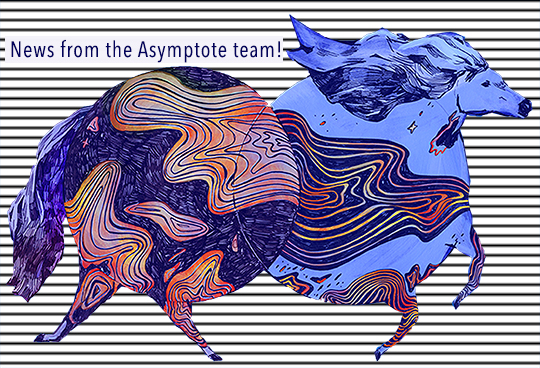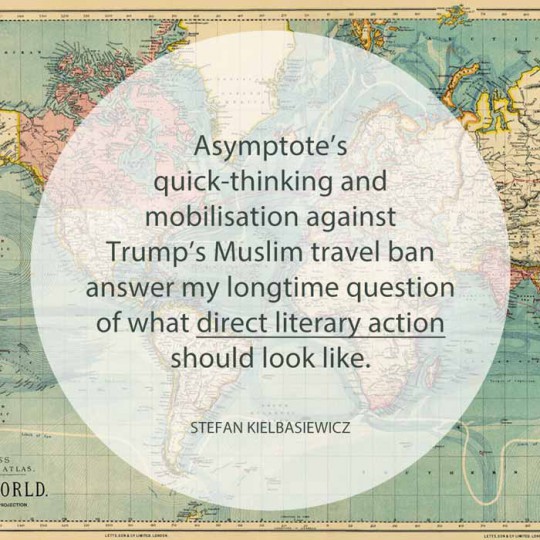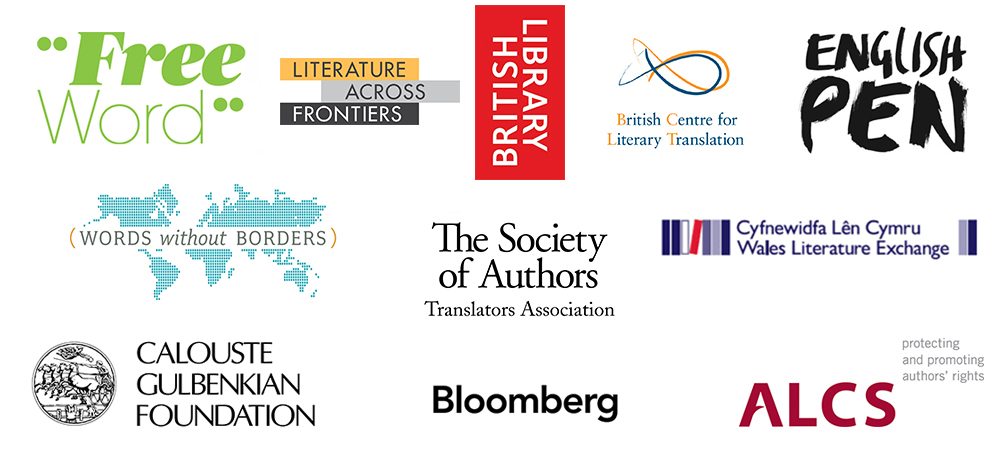This week, our editors are providing coverage of headlining events featuring intercultural dialogues, book launches of groundbreaking texts, and political corruption. In Slovakia and Czechia, the two countries discuss the ramifications of Czechoslovakia’s breakup on the two nations’ respective literatures. In Kenya, a collection featuring the stories of women hawkers—a burgeoning national economy—is released to the public. And in Bulgaria, a beloved theatre director takes aim at the National Theatre’s “moral degradation.” Read on to find out more!
Julia Sherwood, Editor-at-Large, reporting on Slovakia
The thirtieth anniversary of the breakup of Czechoslovakia prompted reflections in both the Slovak and the Czech press on the legacy of the common state, and how the cultural links between the two nations have evolved since the countries went their separate ways. Summing up the literary developments in a recent episode of Knižná revue, an excellent podcast produced by the Slovak Literature Centre, the Czech literature scholar and translator of Slovak literature Lubomír Machala suggested that there are now more differences than parallels between the two literatures—although what has not changed is that the Czech reading public shows less interest in Slovak literature than vice versa. The Slovak literature scholar Magdalena Bystrzak also sees this relationship as asymmetrical, as does her colleague Radoslav Passia, who points out that the ties between the two literatures are, nevertheless, much stronger than those between either nation and any other literature, as reflected in numerous bilateral literary projects, such as a Czech/Slovak poetry competition, or the Month of Authors’ Readings.
The end of January marked the 105th birthday of Leopold Lahola (1918-1968): playwright, film director, screenwriter, poet, and essayist, whose short stories reflect his harrowing wartime experiences. Lahola’s promising postwar literary career was cut short when his plays were denounced as “existentialist” in 1948, upon which he emigrated to Israel, where he helped to launch the country’s burgeoning film industry, before moving to Austria and Germany. Although he spent nearly half of his life in exile, Lahola never stopped writing in Slovak. In the late 1960s, Lahola began to visit his native country again but, sadly, died of a heart attack in January 1968, shortly before his fiftieth birthday. It is a pity that so far, only one of his short stories is available in English.
The 2022 recipients of one of Slovakia’s major awards, the Tatra Banka Foundation’s Arts Prize, were announced at the end of January. The prize for a debut work of literature went to Nicol Hochholczerová for Táto izba sa nedá zjesť (This Room is Too Much to Swallow, as reported here) and the poet Mila Haugová added to her many previous accolades the main prize for literature, for her collection Z rastlinstva (From Flora). And although not strictly speaking a literary prize, it is worth mentioning the bank’s Special Prize, awarded to Gabriela Garlatyová for her monograph on the extraordinary visual Slovak artist Mária Bartuszová. Garlatyová was a consultant on a major exhibition of Bartuszová’s work at London’s Tate Modern, which has just been extended to June 25, and which I urge everyone to visit. READ MORE…












